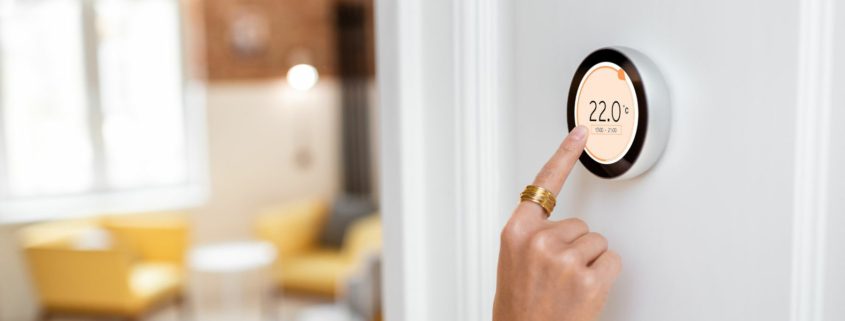Enhancing Home Energy Efficiency: Practical Tips for Lowering Utility Bills
Improving your home’s energy efficiency not only reduces your carbon footprint but also saves you money on utility bills. By implementing these practical tips, you can create a more comfortable and eco-friendly living environment.
1. Upgrade to Energy-Efficient Appliances
Invest in Energy Star certified appliances, such as refrigerators, washing machines, and dishwashers. These appliances use less energy than standard models, helping you save on electricity and water bills over time.
2. Seal Air Leaks
Air leaks around windows, doors, and electrical outlets can waste a significant amount of energy. Caulk and weatherstrip gaps to prevent hot or cold air from escaping, reducing the workload on your heating and cooling systems.
3. Insulate Your Home
Proper insulation keeps your home cooler in summer and warmer in winter by reducing heat transfer. Insulate your attic, walls, and floors to maintain a consistent indoor temperature and lower your heating and cooling costs.
4. Install a Programmable Thermostat
A programmable thermostat allows you to set temperatures based on your schedule, adjusting heating and cooling when you’re away or asleep. This helps optimize energy use and can save you up to 10% on heating and cooling costs annually.
5. Upgrade Your Windows
If your windows are old or single-pane, consider upgrading to energy-efficient windows with double or triple-pane glass. Low-emissivity coatings and gas fills between panes improve insulation and reduce heat loss or gain.
6. Use Energy-Efficient Lighting
Replace incandescent bulbs with LED or CFL bulbs, which use less energy and last longer. LED bulbs, in particular, are highly efficient and produce less heat, further reducing cooling costs in summer months.
7. Unplug Electronics When Not in Use
Many electronics and appliances consume standby power even when turned off. Use power strips to easily disconnect multiple devices or unplug chargers and electronics when not in use to prevent energy waste.
8. Maintain HVAC Systems
Regularly service your heating, ventilation, and air conditioning (HVAC) systems to ensure they operate efficiently. Replace air filters as recommended and schedule professional maintenance annually to keep systems running smoothly.
9. Utilize Renewable Energy Sources
Consider installing solar panels or using other renewable energy sources to generate electricity for your home. While the initial investment can be significant, renewable energy systems can significantly reduce your reliance on grid power over time.
10. Educate Your Household
Encourage energy-saving habits among household members, such as turning off lights when leaving a room, taking shorter showers, and using energy-efficient appliances responsibly. Small changes in behavior can lead to significant energy savings.
By implementing these tips, you can enhance your home’s energy efficiency, reduce your environmental impact, and save money on utility bills. Each step contributes to creating a more sustainable and comfortable living space for you and your family.




Leave a Reply
Want to join the discussion?Feel free to contribute!